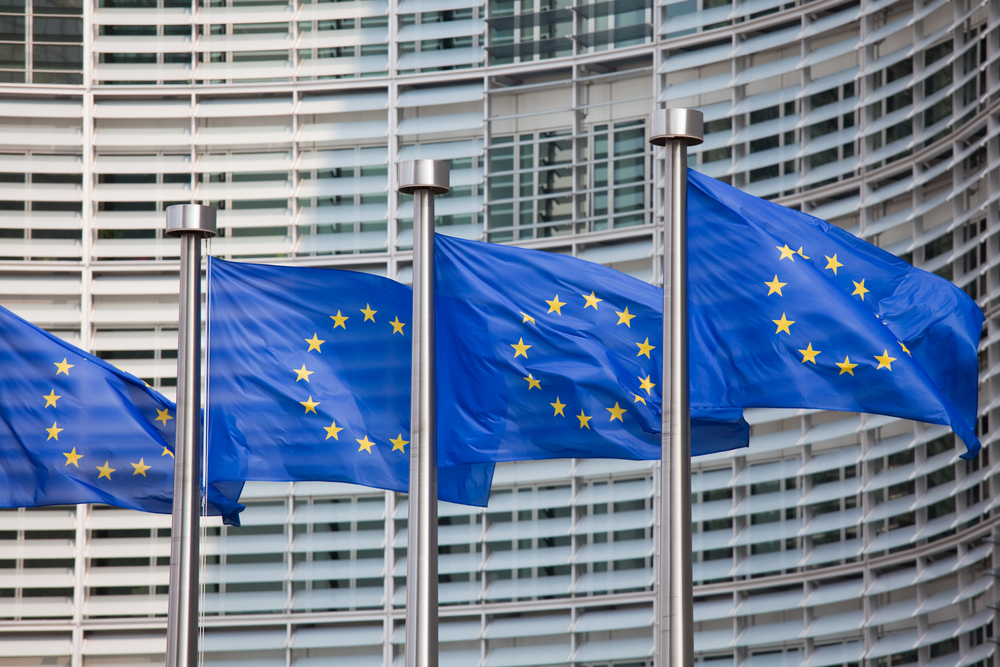
In France, there is a strong skepticism regarding the European Union’s potential trade agreement with the Mercosur trade bloc, which includes several South American nations. French farmers are particularly concerned that such an agreement would further open European markets to imports of South American agricultural products, intensifying competition for local producers.
In contrast, Denmark, alongside Germany, the EU’s largest member state, is optimistic about reaching an agreement. Danish Foreign Minister Lars Løkke Rasmussen expressed this perspective ahead of a meeting of EU trade ministers in Brussels scheduled for Thursday.
“We are strong advocates for this agreement. We believe that trade agreements being negotiated should be finalized,” he stated.
Rasmussen highlighted Denmark’s position as one of the wealthiest nations and credited this prosperity to its global trading relationships established over generations.
He sees an agreement with South American countries—namely Brazil, Argentina, Paraguay, and Uruguay—as a means to diversify the markets available to European businesses.
“Trade routes have been too one-sided, and we have become overly reliant on China. It is sensible to seek additional trading partners,” he remarked.
However, Danish farmers share concerns about the implications of increased competition from South American goods. “Naturally, competition can be daunting. But it’s a two-way street,” he noted.
“Historical evidence suggests that our industry, population, and agricultural sector are competitive enough to thrive in a fair international market,” Rasmussen added.
The aim of the trade agreement is to establish equitable conditions for producers across both continents to market their goods.
Amid these discussions, French farmers have taken to blocking a primary highway leading to Spain in protest. Reports from French media indicate that they have threatened to create disruption and limit access to food supplies if President Emmanuel Macron supports the agreement.
On the other hand, Germany is eager to expand export markets for its struggling automotive sector while seeking raw materials from South American countries like Argentina and Chile, which could help mitigate Europe’s reliance on China.
The agreement requires a qualified majority for approval, meaning France does not hold veto power. Nonetheless, garnering sufficient backing among other EU nations has proven challenging, which is a source of frustration for the Danish foreign minister.
“This initiative has been in the works for 25 years, and it needs to come to a conclusion soon,” Rasmussen commented.
Peter Thagesen, head of DI Global Trade and Investment at the Confederation of Danish Industry (DI), also expressed hope for the agreement. “While the trade deal with Mercosur may not be flawless, it has the potential to enhance trade for all involved nations,” he stated. “It can drive growth and job creation in Denmark while effectively alleviating poverty in countries like Brazil,” he concluded.
/ritzau/













Leave a Reply